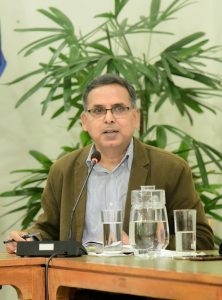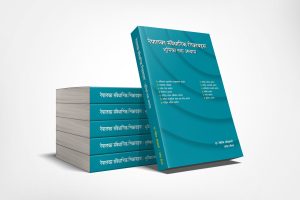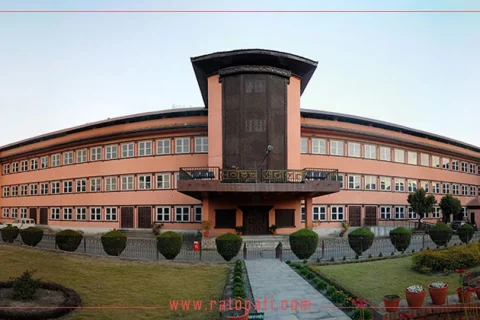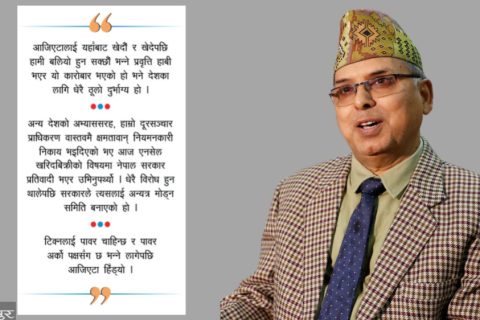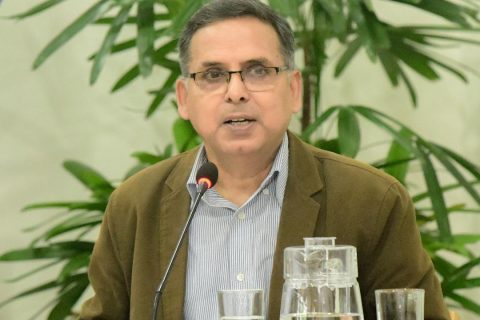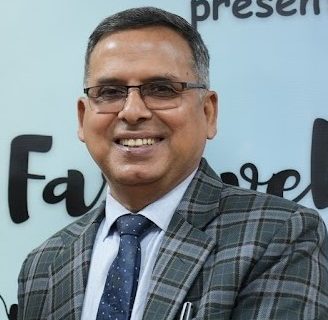Bolivia is one of the most beautiful countries in South America. Its history exemplifies how the land tends to concentrate in the extremes of natural and cultural beauty in one hand, and social and political problems on the other. However, Bolivia is little known in Nepal except for its new constitution of 2009, which has been promulgated in the background of a long struggle to empower common people of the country.
The history of constitutionalism is not new in Bolivia. The present constitution promulgated in January 2009 is the 17th in its history since 1826. It was drafted through a long process and approved in a national referendum, with more than 60% voting in favour of it. Just after a couple of months of its promulgation, ex-President Gonzalo Sanchez de Lozada was tried in absentia over death of 60 people during protests in 2003. President Evo Morales, who was the president of Bolivia and the key figure during the constitution making process, also got re-elected in December 2009 for a second term with more than 60% of the vote. This placed him in a comfortable position to bring changes in the country according to the new constitution.
The new constitution is ‘new’ by several standards. It has promised to increase the rights of Bolivia’s majority indigenous population. This majority has long been excluded from spheres of decision-making in Bolivia. The new constitution also provides for greater state control over the exploitation of the country’s natural resources (not least its natural-gas wealth). This enables the majority of the indigenous poor to feel that these natural resources belong to them, because the state is the owner of these resources under the new constitution.
Similarly, the constitution also helps enhance the autonomy of Bolivia’s regions (as opposed to that of the central government). It seeks to create a regime of territorial autonomies within the framework of a unified and decentralized state through the recognition of the indigenous communities and peasants that live within Bolivia. It has embraced the goal of self-determination as a distinct ‘indigenous nation’ within the ‘plurinational’ Bolivian state. Indigenous systems of justice has been given same status as official existing system. Judges will be elected, and no longer appointed by the National Congress. All these provisions combined, they grant more power to the country’s indigenous majority and rolls back half a millennium of colonialism, discrimination and humiliation.
The 2009 Constitution defines Bolivia as a unitary plurinational, and secular (rather than a Catholic, as before) state. It calls for a mixed economy of state, private, and communal ownership. To respond to the popular demands, the constitution has restricted private land ownership to a maximum of 5,000 hectares. In addition, it recognizes a variety of autonomous areas at the local and departmental level. It elevates the electoral authorities, to become a fourth constitutional power. There is also the possibility of recall for all elected officials back to their original platform. Members of the enlarged National Congress will be elected by first past the post voting in the future, in a change from the previous mixed member proportional system. All these provisions are remarkable by the standards of Bolivia’s history.
There are some fears as well. Critics claim that the new constitution will impose a dogmatic socialism, curtail human rights and undermine property rights and the rule of law. It has given sweeping rights to the country’s indigenous groups to the disadvantage of minorities in the country. They say the constitutional blessing of collective rights and traditional authorities smacks of corporatism and will entrench undemocratic political masters. Some other people think Bolivia is highly mixed-race country and its situation and troubles are not based on racial differences. The constitution enables the president and his party to define who is and is not indigenous in Bolivia. There is a possibility of a lot of people of indigenous origins who have worked hard for their education and moderate wealth of being classified as non-indigenous.
The judicial arrangements under the constitution has the potential to politicize justice, create jurisdictional conflicts and uncertainty for the police, and legitimize mob justice in the form of lynchings and stonings, which have become more common in recent years. The constitution mandates social control of public institutions by “organised civil society”.
According to a news report of the Economist, this provision, too, is ostensibly aimed at cutting corruption. It points out – how it would work in practice is unclear. Critics fear that it will legitimise mob rule. Under the new constitution, education is to become “decolonising”, “liberating” and “revolutionary”—or doctrinaire and partisan, whichever is preferred. It is challenging to reconcile self determination with a representative government. A culture of equality and rule of law is basic to the functioning of any democracy. It is here that the Bolivian constitution is hitting hard. While Bolivia has produced a constitution that has to be carefully implemented, there remain a great many details of the new system to be worked out.
(Adhikari is a constitutional expert)


